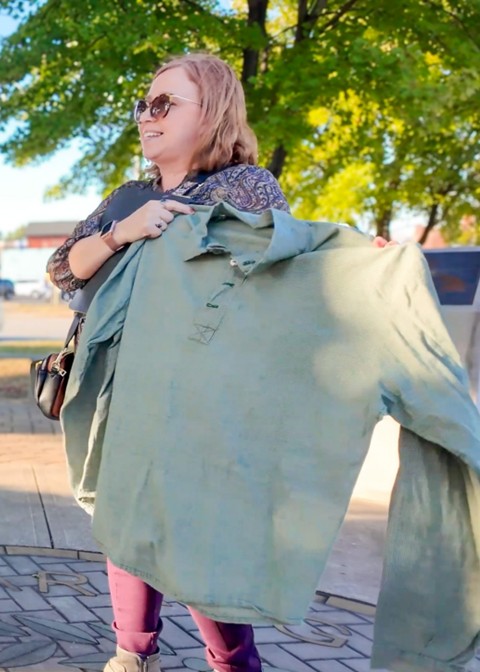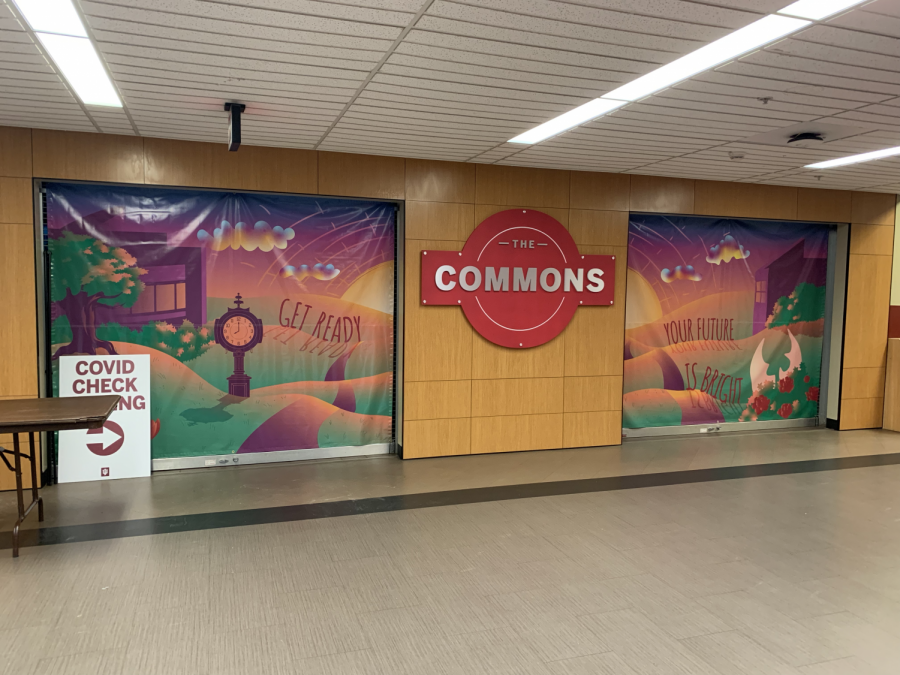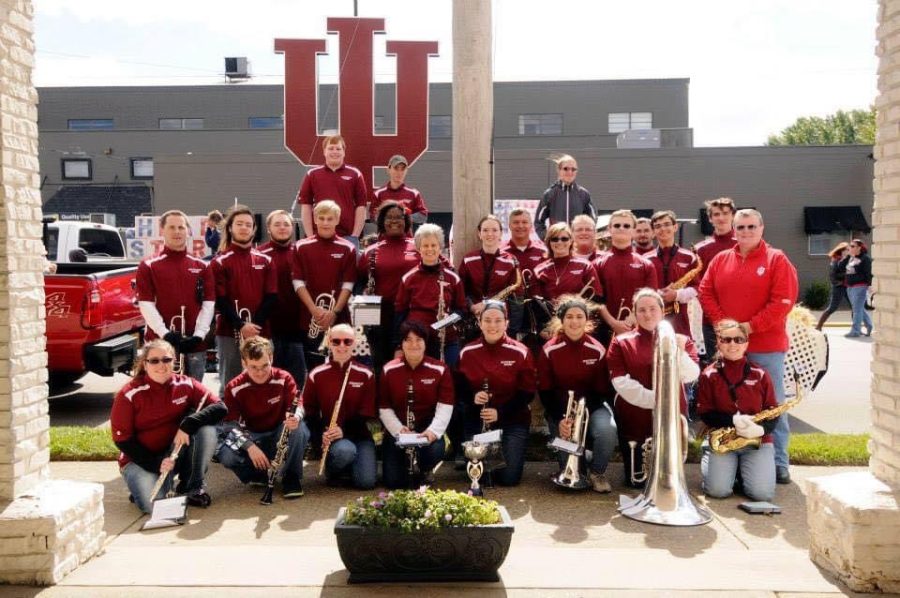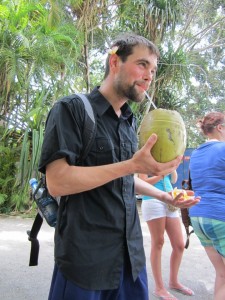
One small, post-communist island south of the border has permanently altered many study abroad students’ perspectives this past summer.
Cuba in Transition, a program offered for class credit, took 20 students from IU Southeast and Spring Hill College, along with three faculty members, on a three-week venture to an island whose culture is not well known in the U.S.
“The focus of the trip was to look at changes being made in Cuba,” Clifford Staten, professor of political science, said.
Staten said Cuba is in a period of transition, from a socialist to capitalism system. In order to see this transition in action, the students talked to anyone they encountered, asking them what changes they have seen in the past four years, and if they still support Fidel Castro.
While talking to government officials, business owners, faculty from the University of Havana and people on the street, Staten said the students heard a wide variety of responses.
“People argued there shouldn’t be any change,” Staten said. “Some said that change wasn’t happening fast enough.”
In the three-week class prior to the trip, students learned what to expect when visiting Cuba. They read several books and articles about Cuba and the history of the island, and they learned about recent changes in the post cold war era.
“What we studied in class we saw on the streets,” Staten said.
Mary Mour, political science senior, said the biggest change she saw were Cubans making money without getting it approved by the state. Previously, Cuban people could not own cars or start personal businesses.
“Before, everything was run by the state,” Mour said. “You literally had to have permission from the state to breathe. It was a dictatorship. There were a lot of boundaries, a lot of rules.”
Mour said she noticed a lot of pride in everyone she met in Cuba.
“I saw socialism and socialism works,” Mour said. “They didn’t have anything to begin with. Everyone is poor. Everyone is equal. The Cuban people are happy people no matter what.”
Noticing differences between cultures, Mour said she felt helpless for the people living in Cuba while she was visiting; however, when she got back to the U.S, she could appreciate their culture more.
“That’s how they live,” Mour said. “It’s not bad for them, that’s their life. They don’t feel mistreated or poor.”
One person’s story stuck with Mour even after she left Cuba. Their tour guide, Linnet, went to school, speaks four languages and served in the military.
“You’re in a third world country, and you meet someone that intelligent,” Mour said. “That didn’t stop her from being successful.”
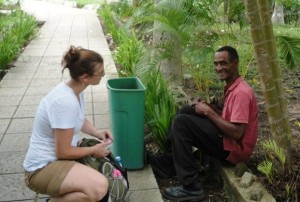
While the trip was focused on learning about political change in Cuba, the trip was not lacking in cultural aspects.
Students took salsa lessons in Havana and danced to Cuban bands playing mambo and cha-cha.
Bicycling tours, hiking and boat rides were of the many activities involved in the trip.
“We learned a lot, but, at the same time, we had a really good time,” Staten said.
One of the biggest focuses of the trip was in the mountains of the Sierra Maestra. Hiking up the secluded area, Mour said a path was nowhere to be found.
“We hik
ed up four kilometers where Fidel and the gorillas lived for six months,” Mour said.
Students were able to see the conditions of Fidel Castro’s 1957 rebel camps in the mountains.
By BRITTANY POWELL
Features Editor
bripowel@ius.edu

